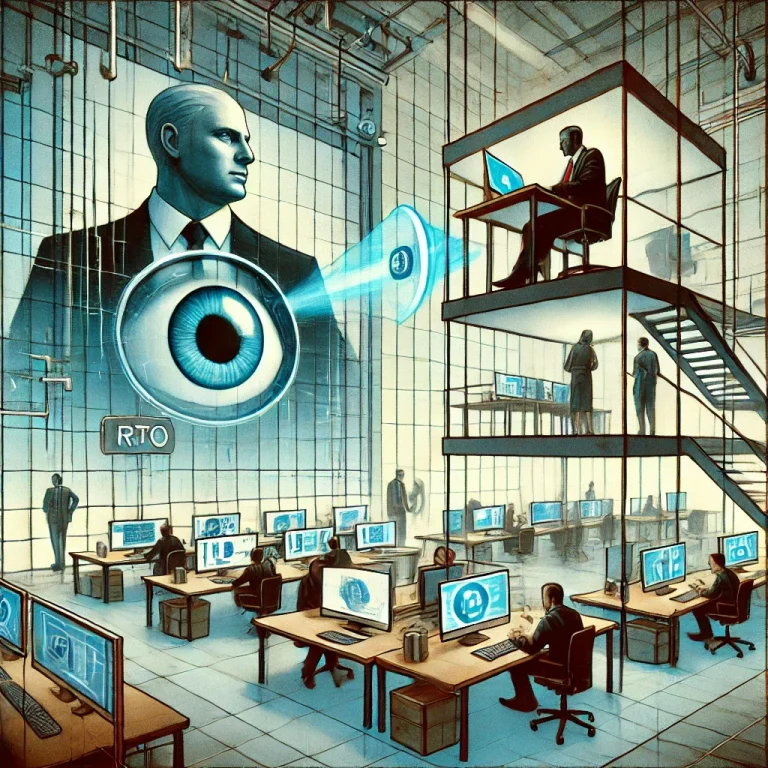
Articles
Dive into my latest articles on trends in remote work, AI strategy, and learning ecosystems. Here, I break down complex ideas into practical insights that help leaders stay ahead of the curve, build stronger teams, and navigate change with confidence.
Industry

The Quiet Politics of Admitting AI Use (Reworked.co)
AI use in the workplace is on the rise, yet few admit to using it. What can organizations do?

Finding Your Place in the AI-Driven Post-Skills Era (Reworked.co)
Why cultivating judgment, critique and contextual intelligence matters more than skills in an era defined by AI-driven automation.
Short Form

AI, Technology, and Gen Z’s Struggle for Self-Defined Structure
While Gen Z rejects the rigid, top-down mandates of earlier models, they still crave a framework for understanding, a structure they can claim as their own. AI appears limitless but operates within predefined boundaries.

Why Do We Keep Performing Our Own Oppression
Having just rewatched V for Vendetta, I wondered: how do modern US corporate structures mirror the hierarchical rituals of monarchies, even as America prides itself on having rejected its own kingship in 1776?

Knowledge and Power: Why AI in Learning Is More Than Efficiency (aka not a Phone Tree)
Artificial Intelligence has become the golden child of corporate transformation. Promises abound surrounding accelerated onboarding, hyper-personalized learning and streamlined systems.

Return-to-Office, Power, and the Implicit Hierarchy of Career Identity
Return-to-office mandates are often framed as a universal good, promoting collaboration and company culture. Yet, they do not affect all employees equally. Career stage plays a crucial role in shaping how workers experience these policies, influencing both power dynamics and self-governance.

AI and the Disruption of Boundaries: Power and Creativity
I have been fascinated in recent days with how AI is reshaping our digital landscape and the ways we interact with technology. In traditional software design, programs were built with clear, static boundaries. Take MS Office for example: when I first used it, it was designed to write documents as the user wanted, or answer emails like a digital mailbox.

Where is the Humanity?! The Paradox of AI-Driven Customer Engagement
We want customers to be sticky, loyal, and seamlessly connected to our brands, yet we also want them to feel they’re interacting with someone, not something. And in that friction lies a larger, more unsettling question: how are we commoditizing human relationships in the process?
Academic

Enacting Remote Working in an Era of (Un)certainty: Care of Personal and Professional Self
Doctoral Thesis
Research that explores the experiences of professional workers undertaking enforced remote working during COVID-19. I use Foucault to discuss the political and cultural considerations shaping worker identity, and suggest ways in which resistance and collusion are seen in the everyday.
All professional activities and engagements are conducted through my current employment and in compliance with U.S. visa regulations.
Copyright © 2025 Owen Chamberlain. All rights reserved.
We need your consent to load the translations
We use a third-party service to translate the website content that may collect data about your activity. Please review the details in the privacy policy and accept the service to view the translations.